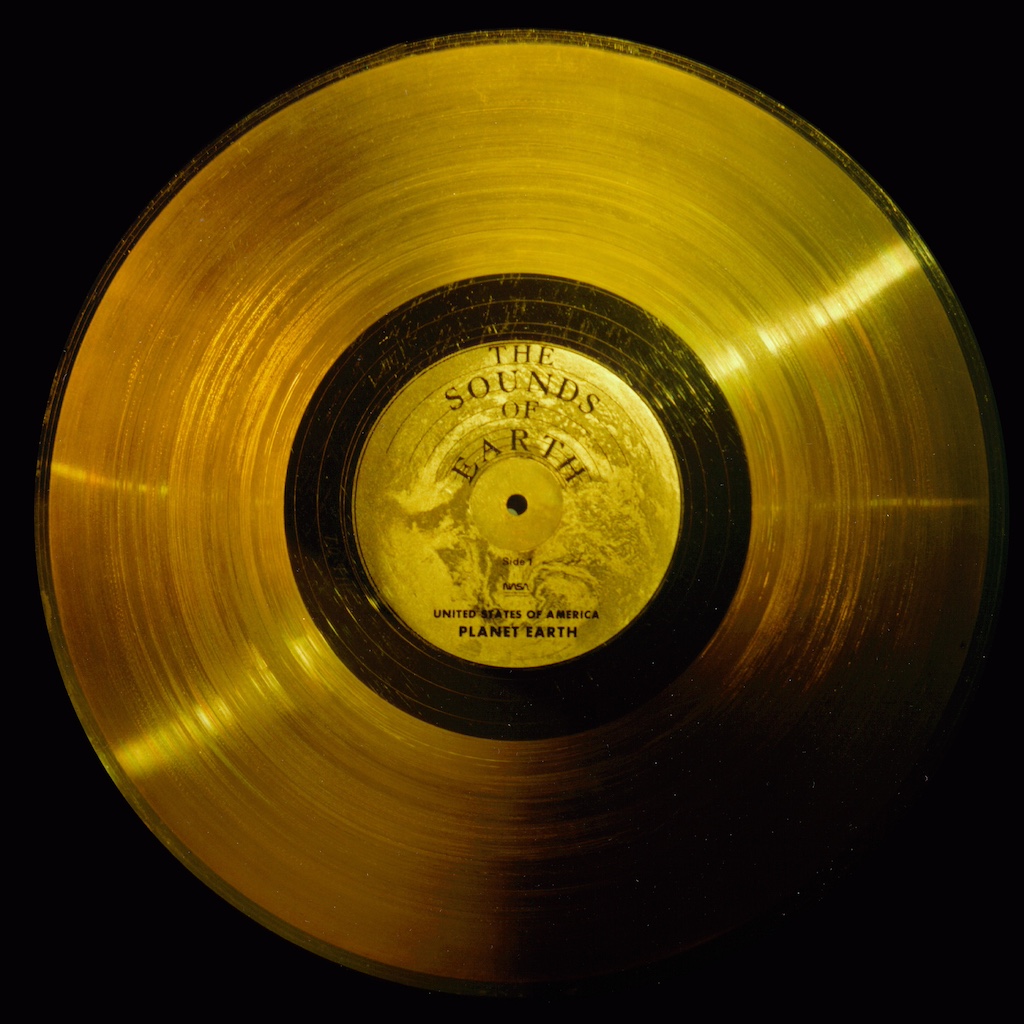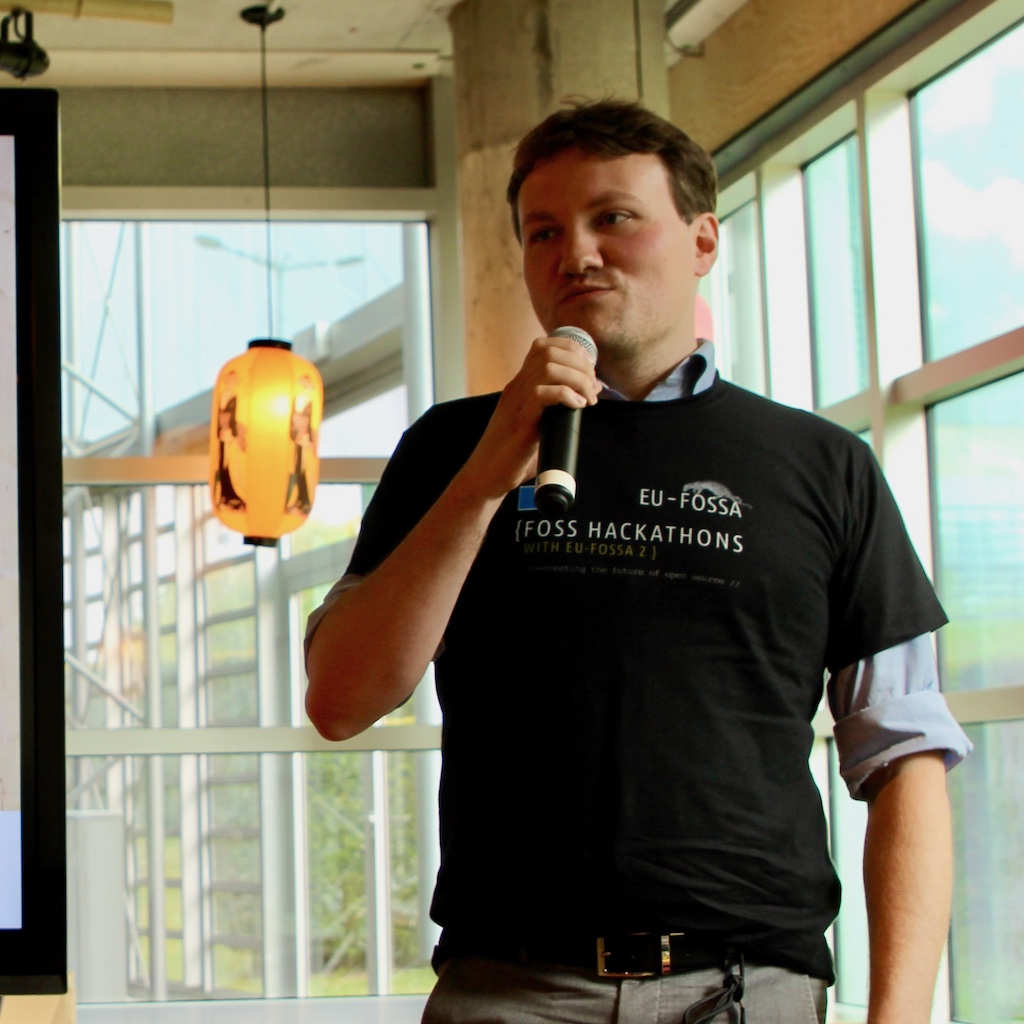
nice to meet you!
Sebastian Raible is a political consultant and EU policy advisor, with a background in computer science. He lives and works in Brussels.
From 2015-2024, he provided legislative and policy advice as part of the teams of two members of the European Parliament. As a computer scientist, he has specialised in European digital policy. He has worked in press and public relations, both for non-governmental and political organisations, and has experience as a technical trainer, in sales, and as a trainer and facilitator in political education for adults.
Sebastian was involved in negotiating key digital policies and legislation, most recently the Artificial Intelligence Act, the Product Liability Directive, the Data Act and Data Governance Act, as well as adjacent dossiers such as the Cyber Resilience Act.
He is familiar with the procedures of the European Institutions, in particular the European Parliament.
Find out more on his LinkedIn resume on LinkedIn, or feel free to reach out.
let’s get in touch!
Feel free to get in touch to discuss your project and how Sebastian can contribute to making it a success:
- email Sebastian at sebastian [at] raible.be
- write or call him on Signal: krf.01
- connect with him on LinkedIn
- follow him on Mastodon: @sraible@eupolicy.social
- follow him on Bluesky: @sebastianraible.bsky.social
- Gitlab: /sraible
- pronouns he/him
projects

Artificial Intelligence Act
From 2021-2024, Sebastian was part of the European Parliament’s negotiation team on the Regulation for Artificial Intelligence. He advised on policy options and helped draft and negotiate amendments and the Parliament’s position during the trilogue with Council and the Member States.

European Data Strategy
As policy advisor in the European Parliament, Sebastian was involved in various dossiers within the European Stategy for Data. In 2018-2019, the Open Data and Public Sector Information (PSI) Directive. From 2021-2023, the Regulation for European Data Governance, and the Data Act.

Security of Free and Open Source Software
From 2015-2019, Sebastian was responsible for the EU-FOSSA projects. FOSSA took stock of the free and open source software European institutions like the Commission and Parliament rely on, and explored how the EU could more directly engage with and support the projects to be more robust, reliable and secure.
